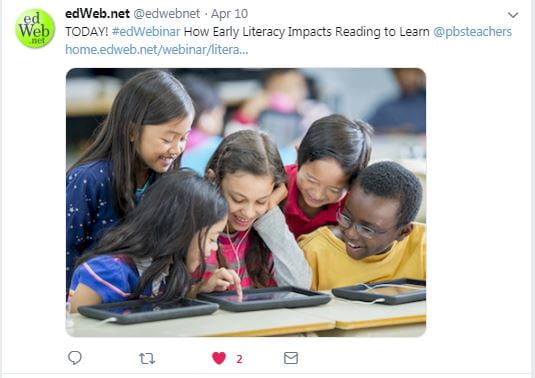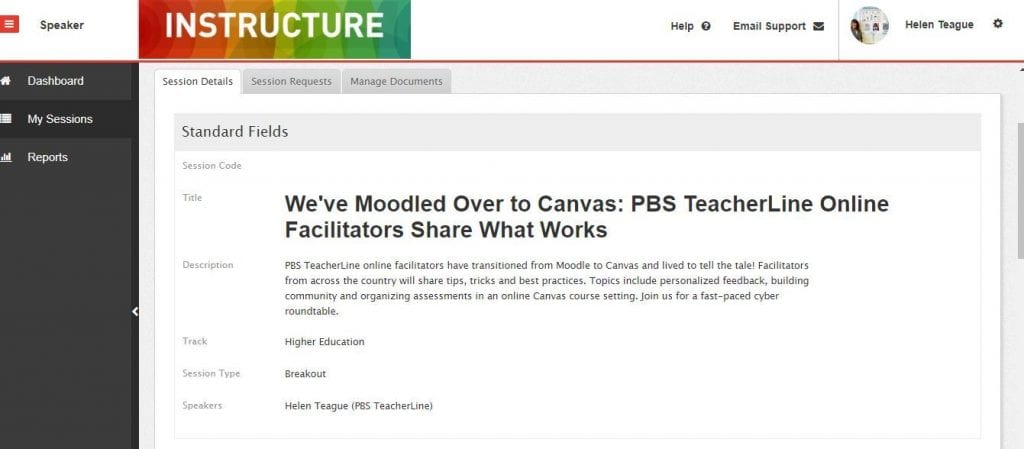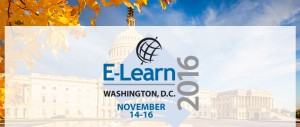Blogroll
- 1.) Teague's Research Presos & Publications
- 2.) Teague's Homepage: 4OOPS.com
- 3.) Teague's Scoop-It-Inquiry-Based-Learning&Research
- 4.) Teague's Scoop-It-Lurk No Longer
- 5.) Teague's Scoop-It-Inquiry Instruction
- 6.) Teague's Scoop-It-Thinking
- Adages Named After People
- Around The Corner Miguel Guhlin
- Bailey and Derek’s Daddy:
- Bloomin Apps
- Bubbl.Us Mindmaps
- Centre for Learning & Performance Technologies
- Century 21 Teaching
- Cog Dog Blog
- David Warlick- 2cents
- Diary of a Public School Teacher
- Diigo
- DT Digital Texts
- Edmodo
- EduTech4Teachers by Jamie Forshey
- ELearning: Rapid eLearning Blog
- Engage Their Minds
- Helen's LinkedIn Profile
- Holt Think
- Imagination in Focus
- iNACOL National Standards for Quality Online Teaching
- iPads in Class by Linda Dyck
- Library Spot
- LiteracyLearning&Sharing by Linda Clinton
- Literary Kicks Blog
- Maine Learning Tech Initiative
- Math With Bad Drawings
- Mindmapping The Brain
- Mindmapping: FreeMind
- Moodle Mayhem
- Moodstream @ Getty Images
- Nerdy Book Club
- Nik's Learning Technology Blog
- Orange Crate Art
- PBS Learning Media
- Plain Ed Tech Guy
- Read Write Respond
- Round Rock Tech Guy
- Smartblog on Education
- Stretching Forward
- TCEA
- Teaching Traveling by Lillie
- TeachThought
- TeachWithVideo by Steven Katz
- Tech Savvy Teachers by Jonathan Schmid
- Technologicalontogeny by Dan Riles
- TechToons: Tech Cartoons for Educators
- That One Great Idea
- The Daring Librarian
- The Shift in Ed
- The Unpretentious Librarian
- TheLearningBrain by Sheamus Burns
- Thesis Whisperer
- ThoughtKast
- TitanPad Online Real-Time Editor
- Twiddla Online Whiteboard
- Two Writing Teachers
- Zig Zagging Through Tech
Recent Posts
- Weekend Ed. Quote ~ April 19 April 19, 2024
- Research Focus for Learner-Centric Surveys or Polls April 19, 2024
- Weekend Ed. Quote ~ March 22 April 17, 2024
- Weekend Ed. Quote ~ March 8 2024 March 8, 2024
- Weekend Ed. Quote ~ March 1, 2024 March 1, 2024
Teague’s Tech Tricks
10Rep Learning ~~4OOPSTech Tricks by Helen Teague
Tags to Posts
Creative Commons

The 4OOPS Tech Tricks Blog by Helen Teague by Helen Teague, EdD. is licensed under a Creative Commons Attribution-No Derivative Works 3.0 United States License.
Based on a work at 4oops.com.
Permissions beyond the scope of this license may be available at http://oops.bizland.com
Edubloggers Directory

This blog registered on Edubloggers Directory.
....




